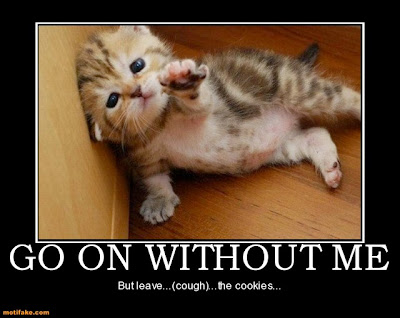- by Tara Maya
Each Scene Must Fight Or Die
Each scene in your book must fight for its existence. If you are a writer, you must have no mercy for weak and flabby scenes. Kill them. Now.
Die, boring scenes! Die!
You may think this is cruel. You may feel sorry for those scenes. Don’t. What doesn’t kill a scene makes it stronger.
Some of those scenes you try to kill will fight back. They will surprise you by proving they are stronger than you ever suspected. They will slam you in the gut with grief. Tickle you with laughter. Send a shiver down your spine.
If the scene doesn’t make you feel something, it shouldn’t be there.
Now, I admit that I often put scenes into a book for completely different reasons. I put in scenes because the Plot Requires It.
Plot Requires That the Companions Travel.
Plot Requires That Someone Be Injured.
Plot Requires That Something Bad Happens Here.
But even if a scene sneaks into a novel on such a flimsy pretext, it needs to beef up if it wants to survive to the final cut.
What brought this to mind is a scene in Wing where two characters were falling from the sky to their deaths. It was pretty dull.
You see, Plot Required Characters To Fall From the Sky. So I described characters falling from the sky. But it was mechanical. They might as well have been potatoes falling from the sky.
COME ON.
They are about TO DIE.
Shouldn’t I feel something when I read this scene? If I, the author, who love my characters, can’t manage to feel something as they plunge tragically to a new existence as human puddles, how can I expect the reader to care?
So I had to re-write the scene.
(There are some writers who don’t believe in re-writing. It can get ridiculous. It can be overdone. I may be guilty of both crimes. But sometimes, it’s necessary. Sorry. If your draft sucks as badly as mine does, rewriting is required.)
Now, another writer might have approached this differently. My friend, Rayne Hall, who is an expert in scaring the shit out of you, might have gone for evoking Terror. And this was my first thought too, that the scene needed to be more exciting, more frightening.
But that version didn’t work either. This time the problem was not that the scene was emotionally flat–it had emotion–it just didn’t have the right emotion. I realized that terror was not what this character would actually be feeling. What she would be feeling was something more complicated than that, it would connect her to events earlier in the book, and to characters who weren’t even present but who were the most important people in her life.
For me, the scene works better now. It has emotion, the right emotion. Of course, not every reader is going to feel it as I do, but unless I feel something as I write it, I don’t believe any readers would be able to connect to the emotion in the scene as they read it.
